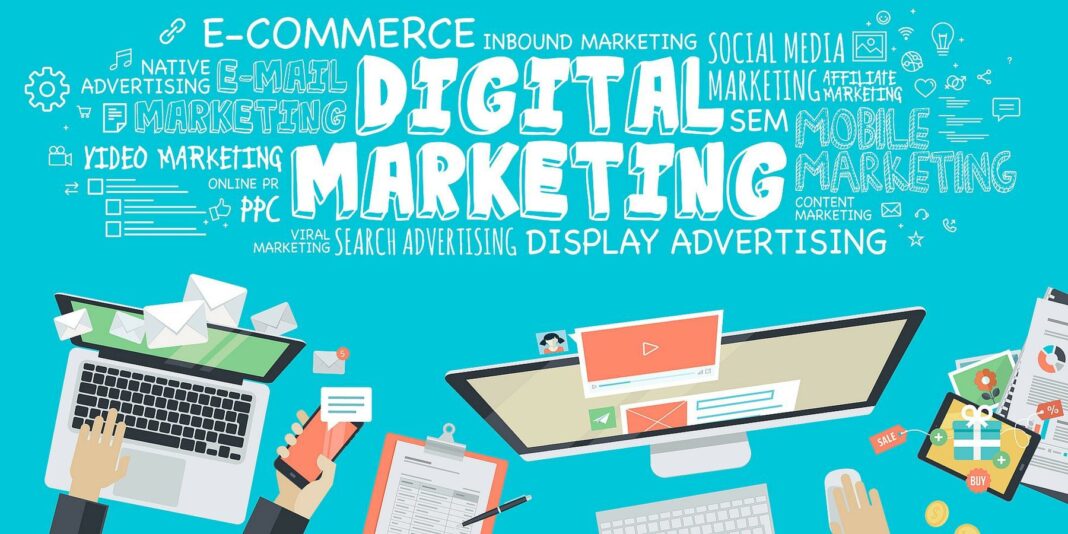Digital marketing is a vital component of modern business strategy. As technology evolves, so do the methods of reaching and engaging with potential customers. This comprehensive guide will explore the core aspects of digital marketing, providing insights and strategies to help you leverage its full potential. Whether you’re a business owner, marketer, or simply curious about digital marketing, this guide will offer valuable information to enhance your understanding and execution of digital marketing tactics.
What is Digital Marketing?
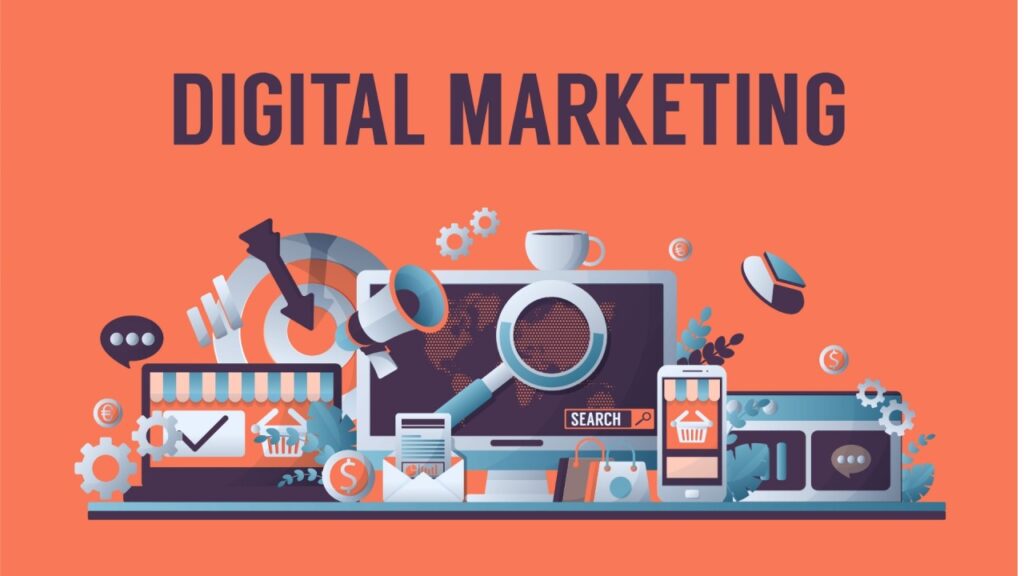
Digital marketing encompasses various strategies and techniques used to promote products or services online. Unlike traditional marketing, which relies on physical channels like print and TV, digital marketing leverages digital platforms to reach and engage with a targeted audience.
The Evolution of Digital Marketing
Digital marketing has evolved significantly over the past few decades. Initially, it began with simple online advertisements and email campaigns. Today, it includes complex strategies involving social media, content marketing, SEO, and more. Understanding its evolution helps us appreciate the current practices and future trends.
Key Components of Digital Marketing
Digital marketing is multifaceted, incorporating various components such as SEO, SEM, content marketing, social media marketing, and email marketing. Each component plays a unique role in creating a comprehensive digital marketing strategy.
Search Engine Optimization (SEO)
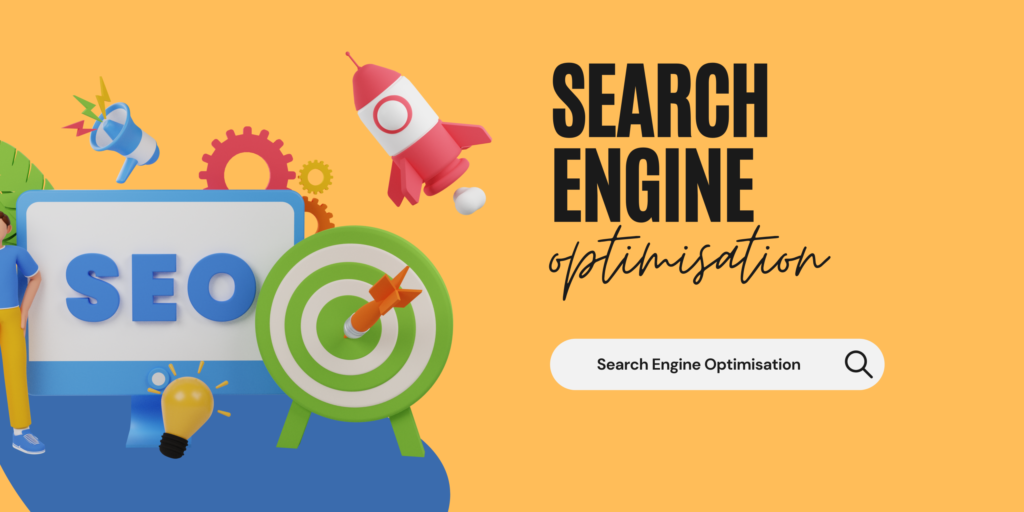
SEO is the practice of optimizing your website to rank higher in search engine results pages (SERPs). Higher rankings lead to increased visibility and traffic, making SEO a crucial part of any digital marketing strategy.
On-Page SEO
On-page SEO involves optimizing individual pages on your website to rank higher and earn more relevant traffic. Key elements include keyword optimization, meta tags, and content quality.
Keyword Research
Effective SEO starts with keyword research. Identifying the right keywords helps target your audience and improve your search engine rankings. Tools like Google Keyword Planner and SEMrush can assist in finding relevant keywords for your niche.
Content Optimization
High-quality content is essential for on-page SEO. Incorporate your target keywords naturally into your content, headers, and meta descriptions. Aim to create valuable and engaging content that addresses your audience’s needs.
Off-Page SEO
Off-page SEO refers to actions taken outside of your website to improve its authority and ranking. This includes link building, social media marketing, and influencer collaborations.
Link Building
Link building involves acquiring backlinks from reputable websites. Quality backlinks signal to search engines that your site is authoritative and trustworthy. Focus on earning links from relevant and high-authority sites in your industry.
Social Media Influence
Social media can indirectly impact your SEO by driving traffic and increasing brand visibility. Share your content on social platforms to engage with your audience and encourage shares and interactions.
Search Engine Marketing (SEM)
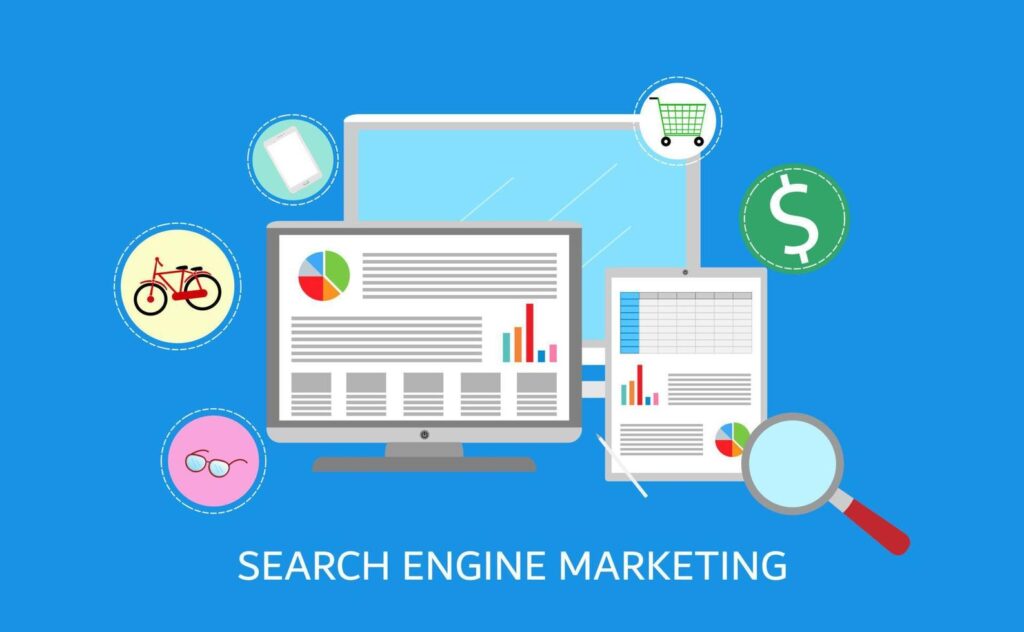
SEM involves paid advertising strategies to increase your visibility on search engine results pages. Unlike SEO, which focuses on organic rankings, SEM uses paid ads to target specific keywords and audience segments.
Pay-Per-Click (PPC) Advertising
PPC advertising is a common SEM strategy where you pay a fee each time your ad is clicked. Platforms like Google Ads and Bing Ads offer PPC options to drive targeted traffic to your website.
Creating Effective PPC Campaigns
To create successful PPC campaigns, start by selecting relevant keywords, crafting compelling ad copy, and optimizing your landing pages. Regularly monitor and adjust your campaigns based on performance data to maximize your ROI.
Display Advertising
Display advertising involves placing visual ads on websites and apps. These ads can be targeted based on demographics, interests, and browsing behavior. Use engaging visuals and clear calls to action to attract and convert your audience.
Content Marketing
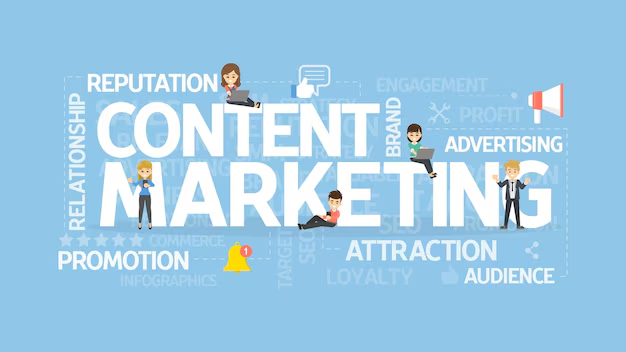
Content marketing focuses on creating and sharing valuable content to attract and engage your target audience. It aims to build trust and drive customer action through informative and entertaining content.
Types of Content
Content marketing includes various types of content, such as blog posts, infographics, videos, and eBooks. Each type serves a different purpose and can be used to address different stages of the customer journey.
Blogging
Blogging is a powerful tool for content marketing. Regularly publishing informative and relevant blog posts helps attract visitors to your site, establish your authority, and improve your SEO.
Video Marketing
Videos are highly engaging and can convey information effectively. Use videos for product demonstrations, customer testimonials, and educational content to connect with your audience and enhance your marketing efforts.
Content Distribution
Creating great content is just the beginning. Effective distribution is crucial for reaching your audience. Share your content across various channels, including social media, email newsletters, and relevant online communities.
Social Media Marketing

Social media marketing involves using social platforms to promote your brand and engage with your audience. It is an essential component of digital marketing, offering opportunities for brand awareness, customer interaction, and lead generation.
Popular Social Media Platforms
Different social media platforms cater to different audiences and types of content. Popular platforms include Facebook, Instagram, Twitter, LinkedIn, and TikTok. Choose the platforms that align with your target audience and marketing goals.
Facebook and Instagram
Facebook and Instagram are ideal for visual content and engaging with a broad audience. Use these platforms for brand promotion, customer interaction, and targeted advertising.
LinkedIn is best for B2B marketing and professional networking. Share industry insights, company updates, and thought leadership content to connect with other professionals and potential clients.
Social Media Advertising
Social media advertising allows you to target specific demographics and interests. Create targeted ads that resonate with your audience and use analytics to track performance and optimize your campaigns.
Email Marketing
Email marketing remains a powerful tool for nurturing leads and maintaining customer relationships. It involves sending targeted emails to your subscribers to promote products, share updates, and drive engagement.
Building an Email List
A high-quality email list is essential for successful email marketing. Use lead magnets, such as free resources or exclusive offers, to encourage visitors to subscribe to your list.
Email Campaign Strategies
Create personalized and relevant email campaigns to engage your subscribers. Segment your list based on interests and behaviors to send targeted messages that drive action and increase conversions.
Analyzing Email Performance
Regularly analyze your email performance to understand what works and what doesn’t. Monitor metrics such as open rates, click-through rates, and conversion rates to refine your strategy and improve results.
Data Analytics and Measurement
Data analytics is crucial for measuring the effectiveness of your digital marketing efforts. By analyzing data, you can gain insights into your audience’s behavior, track campaign performance, and make informed decisions.
Key Metrics to Track
Important metrics include website traffic, conversion rates, bounce rates, and engagement rates. Use tools like Google Analytics and social media insights to gather and analyze data.
Using Analytics for Optimization
Data-driven insights help optimize your digital marketing strategy. Identify trends, spot areas for improvement, and adjust your tactics based on performance data to achieve better results.
Future Trends in Digital Marketing
Digital marketing is constantly evolving, with new trends and technologies shaping the industry. Staying informed about future trends helps you stay ahead of the competition and adapt your strategies accordingly.
Emerging Technologies
Technologies like artificial intelligence, machine learning, and voice search are transforming digital marketing. Explore how these technologies can enhance your marketing efforts and provide a competitive edge.
Personalization and Automation
Personalization and automation are becoming increasingly important in digital marketing. Use data-driven insights to create personalized experiences and automate repetitive tasks for greater efficiency and effectiveness.
The Rise of Influencer Marketing
Influencer marketing continues to grow as brands leverage influencers to reach their target audience. Collaborate with influencers who align with your brand values and have a genuine connection with their followers.
Master Digital Marketing for Success
Understanding digital marketing is essential for achieving success in today’s competitive landscape. By mastering SEO, SEM, content marketing, social media, email marketing, and data analytics, you can create a comprehensive digital marketing strategy that drives results. Stay informed about industry trends and continuously refine your approach to stay ahead of the curve. With the right strategies and tools, you can effectively reach and engage your audience, ultimately driving growth and success for your business.
